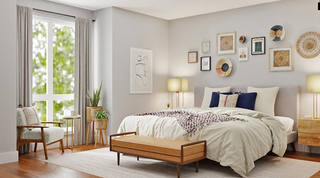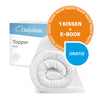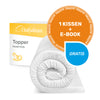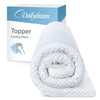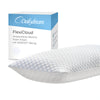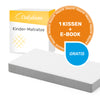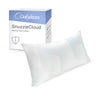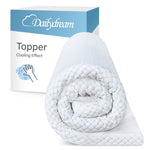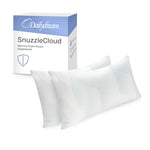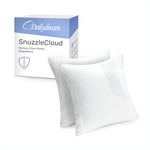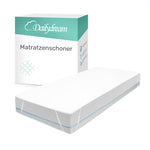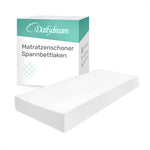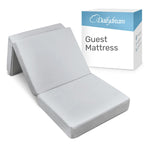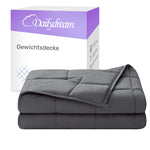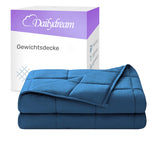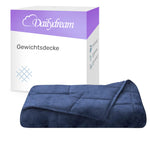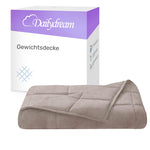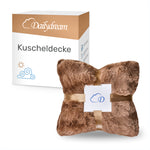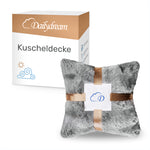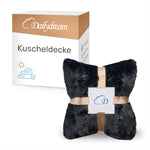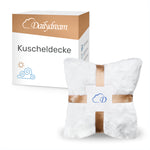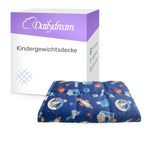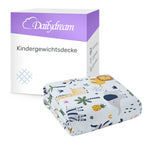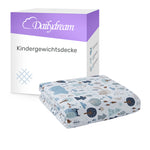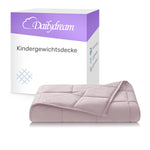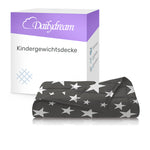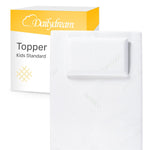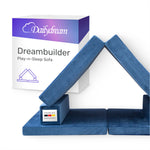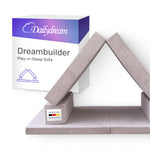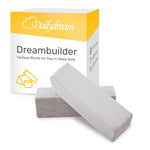Sleep trackers, apps & Co.: What digital assistants really bring
Posted by Tobias Jaroschek on
Good night with technology – or not?
Sleep apps, trackers, smart mattresses – analyzing your sleep has never been easier. Millions of people wake up in the morning and the first thing they do is check their wristband or smartphone: "How well did I sleep?" The question is: Does this technology really help us – or does it stress us out more than it helps?
The truth lies somewhere in between. Sleep trackers measure movement, heart rate, and sometimes even oxygen saturation. From this, they determine sleep duration, time to fall asleep, and presumed deep sleep phases. But beware: They are no substitute for a sleep lab. Most trackers are based on estimates, not on precise measurements like an EEG.
Benefits of sleep trackers and apps:
-
Raise awareness: Those who focus on their sleep become more mindful.
-
Recognize behavioral patterns: "Why am I always more tired on Mondays?" The data helps you question routines.
-
Motivation through progress: An increasing sleep score can motivate you to work on your evening routine.
But the risks are also real:
-
Orthosomnia: The fear of not sleeping perfectly – triggered by looking at poor sleep results.
-
Poor data interpretation: Many users draw incorrect conclusions from the data.
-
Technology stress: Blue light, constant measurements, and app notifications can disrupt sleep.
How to use digital sleep aids correctly:
-
Tendencies instead of perfection: Use the values as a guideline, not as a benchmark.
-
Combine with feelings: Ask yourself how you feel in the morning – not just what the app says.
-
Digital evening rest: Turn off screens at least one hour before going to sleep – including tracking devices.
What does science say?
Studies show that sleep trackers can provide valuable information, but they are not a substitute for a medical diagnosis. Devices that measure heart and breathing rate in addition to movement are particularly reliable. However, for serious sleep problems, it's still important to consult a doctor or sleep coach.
FAQ – Frequently asked questions about sleep trackers
Which sleep trackers are recommended?
Devices with heart rate monitoring, motion detection, and, if possible, an oxygen sensor—e.g., Oura Ring, Withings Sleep, or Fitbit Sense.
How reliable are sleep trackers?
They provide good estimates, but not medically accurate diagnoses.
Can sleep apps improve sleep?
Yes – if they are used for reflection and not for control.
What is orthosomnia?
A form of sleep disorder in which people are stressed by technology – out of fear of not sleeping “perfectly.”
